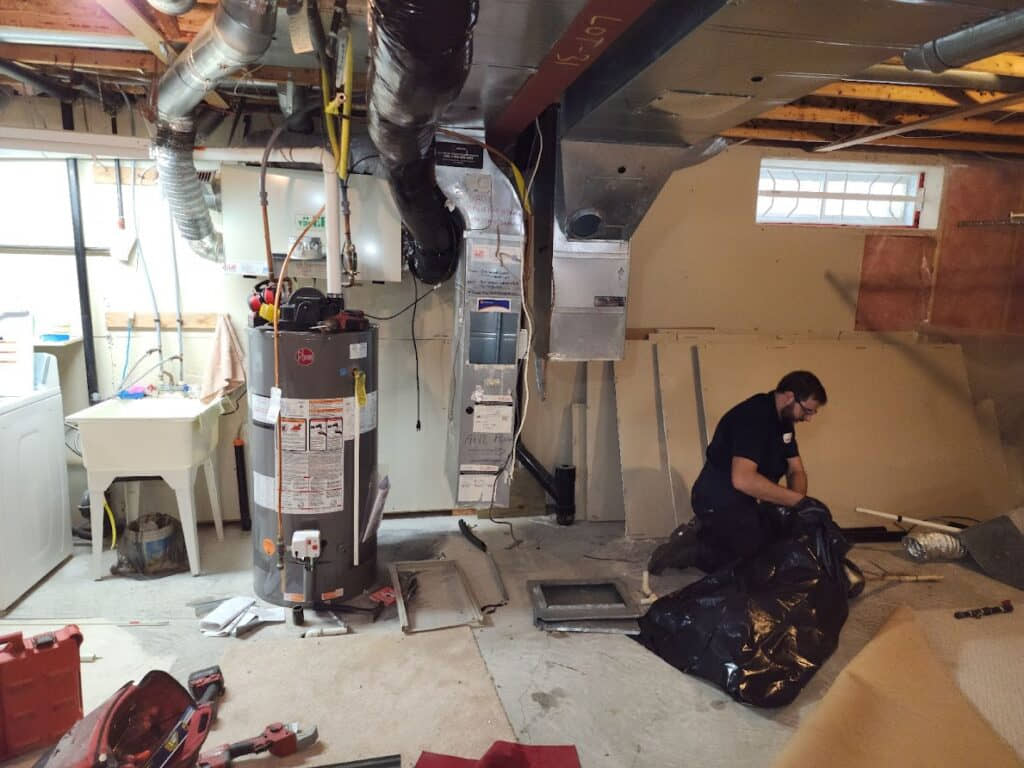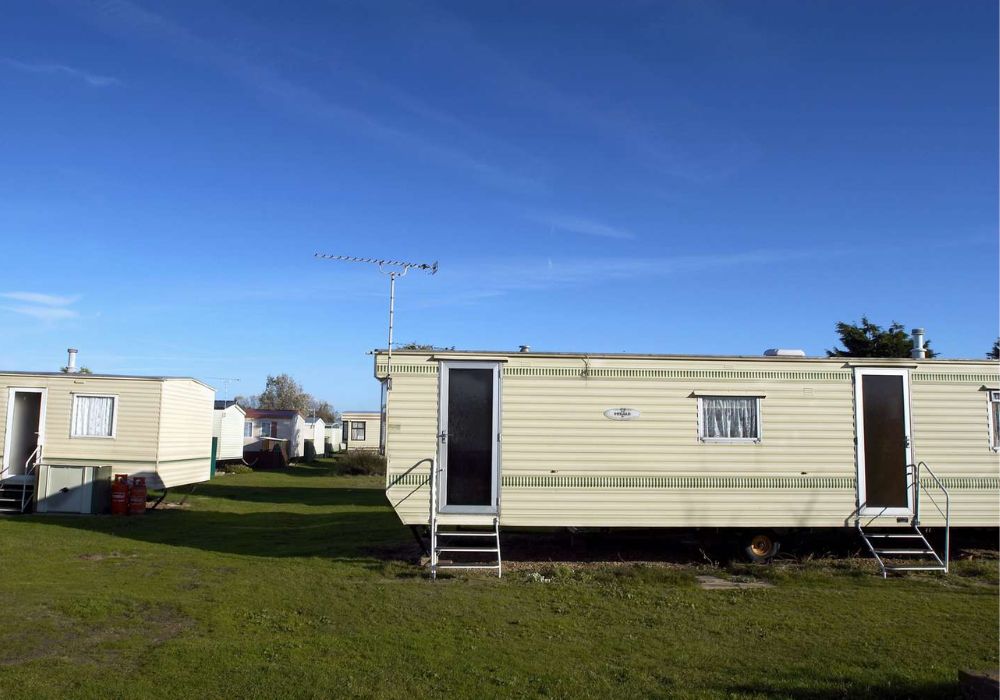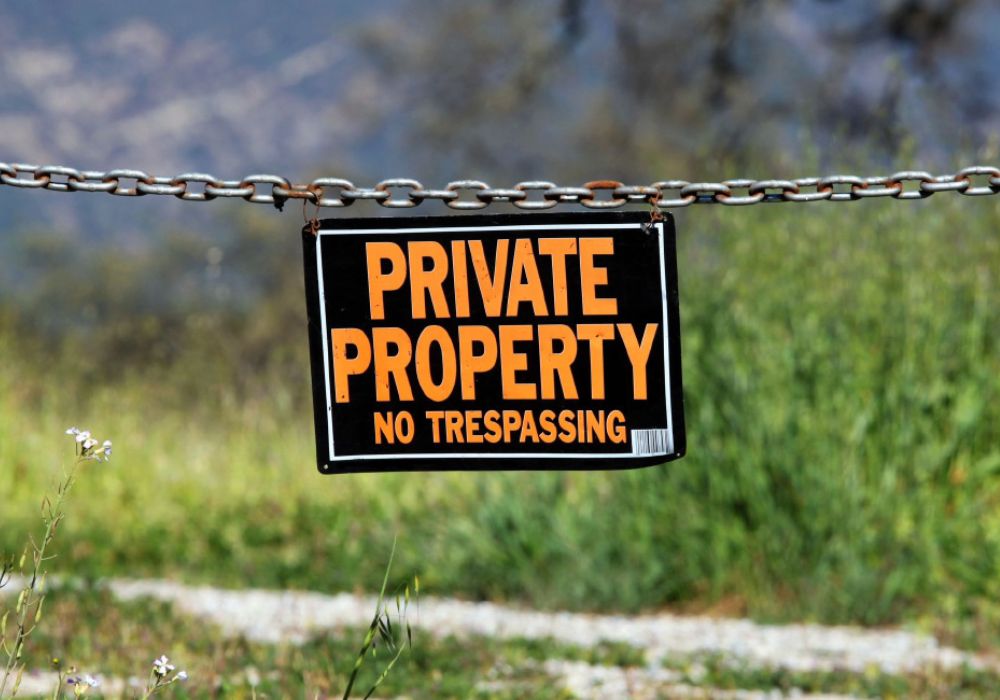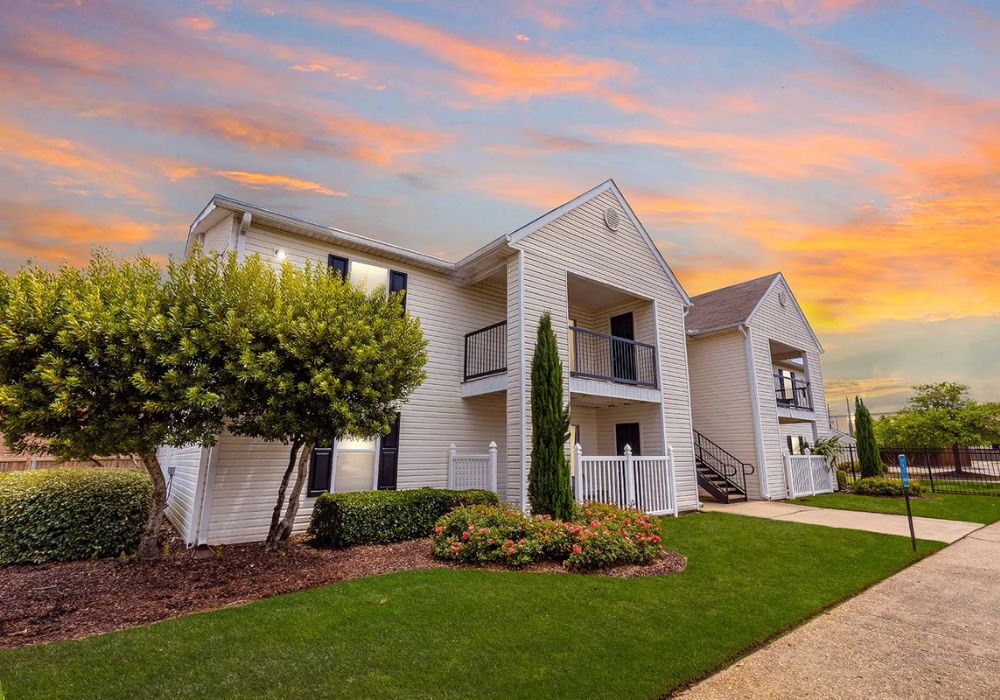While many landlords are also the legal owners of their rental properties, this is not always necessarily the case. To legally rent out a property and take on tenant responsibilities, a landlord does not always have to be the listed property owner. However, they must have a legitimate claim or authorization to act as the landlord.
In this article, we will explore whether the landlord has to be the legal owner.
Who Can Be A Landlord If Not The Legal Owner?
No, the landlord does not have to be the listed legal owner on the property deed to legitimately take on the landlord role. However, they must have a valid legal claim or authorization over the property.
This could include having an agreement to sublet the property from the actual owner, or having power of attorney or another formal agreement giving them agency to act on behalf of the owner.
As long as their authority to rent out the property can be evidenced, one can fulfill landlord duties despite not being the deed holder.
Related: Is A Lease Valid If Not Signed By All Tenants?
What Rights And Responsibilities Does A Non-Owner Landlord Have?

A non-owner landlord still has important rights and responsibilities regardless of the legal ownership situation.
They maintain the rights to collect rent, enforce lease terms including eviction if needed, and manage access to common areas for repairs or emergencies. Key responsibilities include keeping the property habitable and maintained, following all relevant rental laws, and having proper insurance.
Non-owner landlords must ensure their legal claim and duties are clearly defined to avoid issues down the line.
How Should Ownership Be Disclosed To Tenants?
Full transparency about the ownership arrangement is important for trust between landlord and tenant. Tenants should be made explicitly aware if their landlord is not the legal owner upfront.
Any restrictions from the actual owner impacting the tenancy also need disclosure. Relevant documentation like a power of attorney or sublease agreement demonstrating the landlord's authority must be shared with tenants for clarity.
What Legal Agreements Can Formalize Arrangements?
To protect all involved parties and clearly define arrangements, certain legal agreements are advised when the landlord is not the owner.
Key options include a sublease, power of attorney, indemnity contract, or landlord-tenant agreement signed by both landlord and tenant.
Having the proper agreements eliminates ambiguity and ensures expectations are uniformly understood from the beginning.
Can Issues Arise From Non-Owner Landlords?
While common, being a non-owner landlord can potentially bring about unique issues compared to those who are also the legal owners. The actual property owner could take legal action like an eviction against the landlord acting without permission.
Insurance or liability for property damage may also be muddied without properly established rights. Clear agreements are important to mitigate risks of ambiguities down the road.
What Recourse Do Tenants Have Regarding Ownership?
Tenants have legal recourse options if significant ownership disclosure deficiencies or authorization issues come to light. Remedies could include breaking a lease, withholding or disputing rent payments, or small claims action.
However, as long as landlords have appropriate documents in place like sublease or power of attorney agreements defining their authority, tenants do not generally have stand over the actual ownership structure.
How Can Issues Be Avoided For All Parties?
The best approach for landlords who are not owners and tenants is establishing transparency and formalizing arrangements up front through clear legal agreements.
Discussing ownership candidly, providing tenant documentation of landlord authority, maintaining accurate rental records also helps should any future issues emerge.
With defined rights and responsibilities for landlords established, potential ambiguity or misunderstanding affecting tenants can be avoided.
Conclusion
In conclusion, while practical and common, being a non-owner landlord involves some intricacies to conduct renting professionally and avoid issues down the line. With appropriate legal forms and transparency on ownership arrangements provided to tenants, landlords without ownership can still properly fulfill rental duties.





